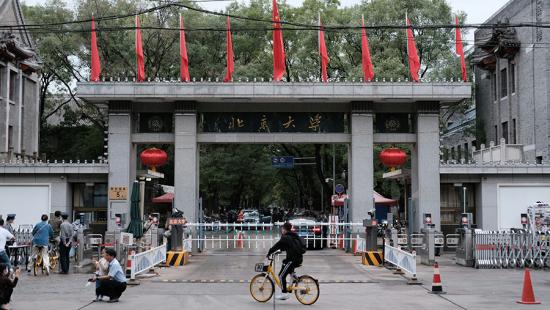Johanna Hurme: Practice Ecosystem

James Avenue Pumping Station. image / provided
Johanna Hurme is a Gensler Visiting Critic at Cornell AAP for the 2022 Spring Semester. She is a cofounder and managing partner of 5468796 Architecture in Winnipeg, Canada. For the past 15 years, the firm has been pursuing a critical architectural response to contemporary issues in multi-family housing and urban design, grounded in real-life practice-based experience and a tandem investigation into worldwide housing research and built work. Her work has been awarded numerous recognitions nationally and internationally, including "50 Best Architectural Firms in 2020" by Domus, Rice Design Alliance Spotlight Award, the RAIC Emerging Architectural Practice Award, WAN 21 for 21, Architectural League of NY Emerging Voices, and the Design Vanguard issue of Architectural Record. In 2012, 5468796 represented Canada at the Venice Biennale in Architecture, and in 2013 they were selected as the recipient of the 2013 Prix de Rome Award in Architecture for Canada by the Canada Council for the Arts. The firm's work has been published in a number of books and publications, including Architectural Review, Architectural Record, Architect, Arquine, Icon, Detail, Azure, Wallpaper, and Plan.
In addition to practice, Hurme is an activist and an advocate, having initiated and cocreated a number of design-related events and programs. She has taught design at the University of Manitoba, Toronto, Montreal and in 2019 she was named visiting Professor-Morgenstern Chair at the College of Architecture, IIT, Chicago. She lectures extensively and is coauthor of "Innovative Solutions for Creating Sustainable Cities" (2018), and "platform:MIDDLE, Housing for the 99%," to be published in late 2022.
She will be discussing the firm's practice ethos which spreads deep and wide beyond the traditional practice model, necessitating an understanding of how the architect's role in challenging contexts must increasingly intersect with politics, economics, social activism, and other forms of cultural and scholarly research and pragmatic engagement.







